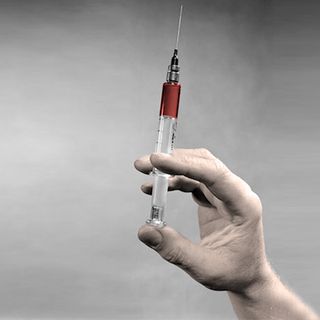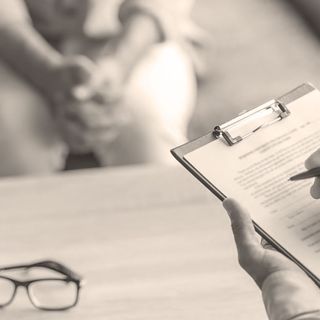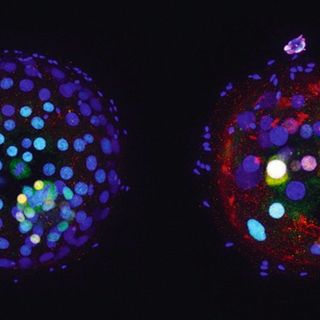The only two smartphone-integrated consumer baby monitors, Owlet Smart Sock2 and Baby Vida, have raised an alarm after tests have showed they provide inaccurate results in monitoring babies’ blood oxygen levels. These devices are currently not regulated by the U.S. Food & Drug Administration (FDA).
In a study led by Dr. Chris Bonafide, pediatrician and safety expert at Children’s Hospital of Philadelphia (CHOP), 30 infants, six months old and younger, hospitalized in CHOP’s Cardiology and General Pediatrics units, wore an FDA-approved monitor (the Masimo Radical-7) on one foot, and a consumer monitor on the other, to track for low blood oxygen levels and low pulse rate.
“One [commercial] monitor detected those levels when they occurred, but was inconsistent; the other never detected those levels when they occurred,” said Bonafide.
The team also evaluated pulse rate accuracy in the babies, and found the commercial monitor that never detected low oxygen levels also often falsely displayed low pulse rates.
These non-invasive methods to track babies’ vital signs appeal typically to parents of infants under 1, a group most at risk of hidden health problems that can contribute to sudden unexplained infant death.
While Owlet’s overall sensitivity was 88.8% in reporting low blood oxygen in all the 12 patients as detected by the reference monitor, at least once it also erroneously indicated that five of the 12 infants had normal oxygen levels. “If something is going wrong with a sick infant, you would want to know that 100 percent of the time,” said Bonafide.
Baby Vida, on the other hand, recorded a 0% sensitivity. It failed to detect low blood oxygen in any of the 14 patients, as compared to the reference monitor. In addition, the Baby Vida Monitor also falsely displayed a low heart rate in 14 patients who otherwise had normal pulse rates. “False positives raise the possibility of unintended consequences,” said CHOP neonatalist Elizabeth Foglia. “Parents who see an abnormally low pulse rate reading might call 911, or unnecessarily rush their baby to an emergency department,” she added.
In India, Owlet Smart Sock2 and Baby Vida are available only via import and at a high mark-up. The domestic market for kids’ wearable tech is still at a nascent stage and limited to child trackers so far. But the reception of these devices suggests an enthusiasm for child-monitoring tech that the results from this study might temper; a Quartz report from 2014 suggests this kind of tech can keep parents from paying attention to kids’ natural cues and cycles, and make them more stressed.
“Anecdotally, I see them increasing anxiety,” on pediatrician told Quartz. “There are a lot of false positives, and parents are getting out of bed terrified because they get an alert.”




